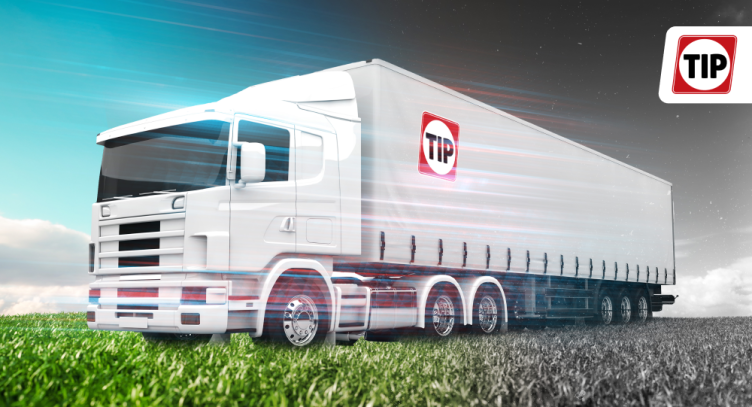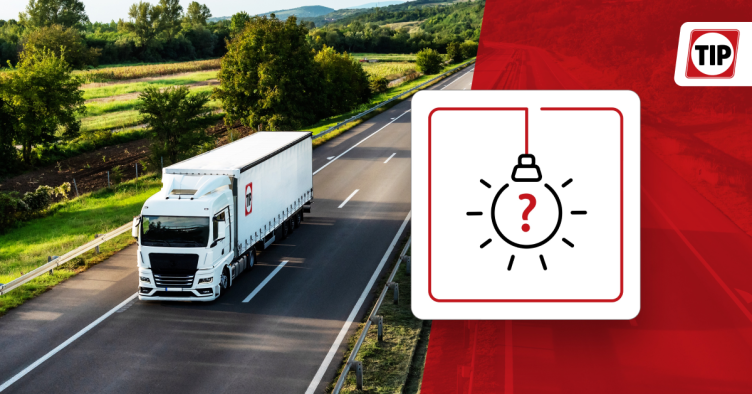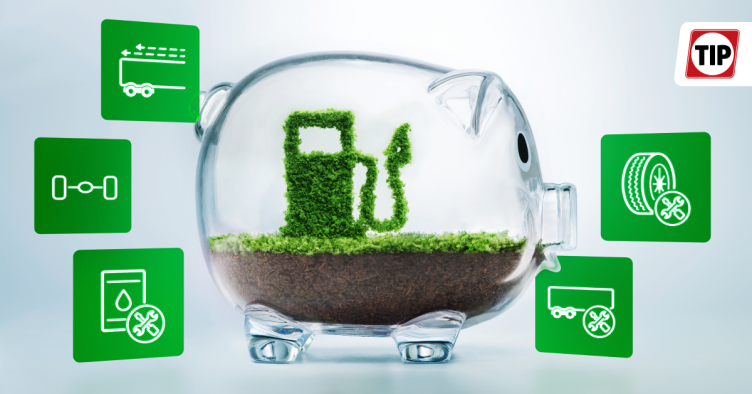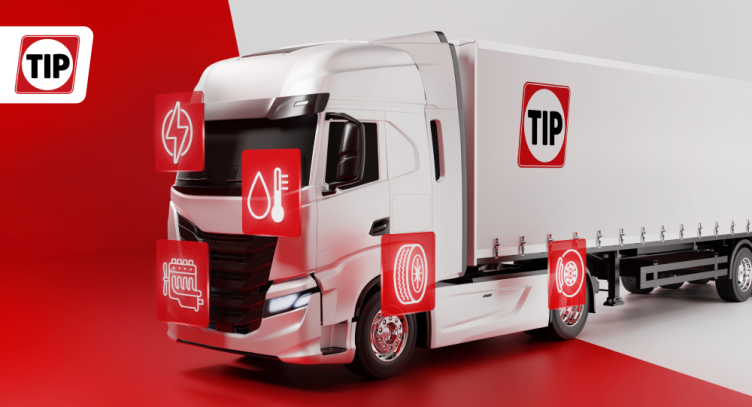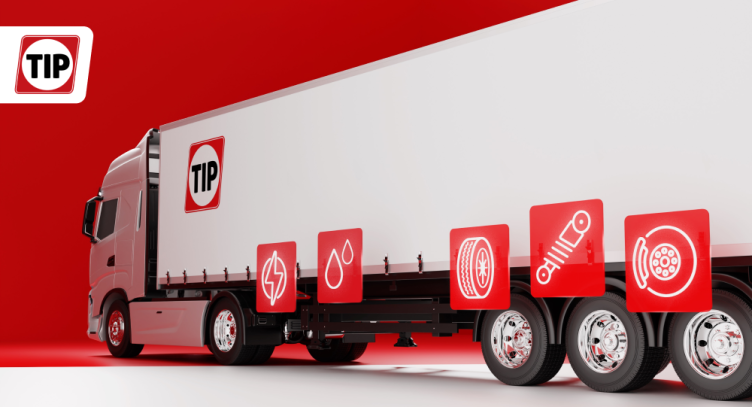What is the Right Cargo Trailer for the Job?
Almost all major commercial industries across the globe rely on some form of transportation for their logistics requirements and each one of them uses specific types of trailers that are designed to handle its particular needs – be it cargo type, weight etc.
If you are in the aviation/aerospace, agriculture, construction, energy/utility, food and beverage, manufacturing or retail industry and want to know how to best expand your fleet, here is a list of the best trailers according to each major industry.
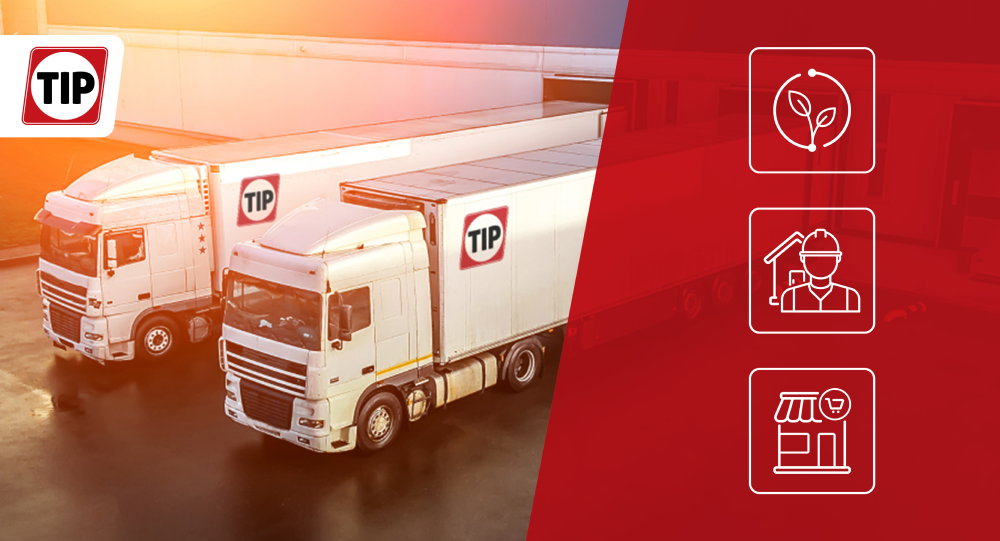
Best trailers for the agriculture industry
The agriculture industry has two separate yet equally important logistics requirements – hauling the heavy machinery used to harvest crops, and the crops/produce itself. Both require different types of trailers for efficient transportation.
For heavy machinery such as tractors, combine harvesters, and various other farming equipment, open-deck trailers are a common choice. These come in the form of flatbed trailers, step-deck trailers, lowboy trailers, and multi-axel removable gooseneck (RGN) trailers.
To transport seeds, fertiliser, and various other farming components that are lighter, dry vans are commonly used while refrigerated trailers (reefers) are used to transport perishable items such as fresh crops, seeds, fruits, and vegetables.
Trailers used in the agriculture industry:
-
Flatbed trailers
-
Lowboy trailers
-
Step-deck trailers
-
Removable gooseneck (RGN) trailers
-
Dry van trailers
-
Refrigerated trailers/Reefers
Best trailers for the energy industry
The energy industry has a vast array of components and commodities that each have specific transport requirements. The industry utilises open-deck transport solutions to haul electric poles to wind turbines and hydroelectric equipment.
Flatbeds, lowboys, step-decks, including standard and extendable RGN trailers, are used most commonly to move heavy cargo safely. Blade trailers are used to transport large materials that are long, such as electricity poles. Dry vans are used for lighter loads, and multi-axel Schnabel trailers are used to transport wind turbines.
Additionally, liquids, chemicals, and gas are transported with tankers.
Trailers used in the energy industry:
-
Flatbed trailers
-
Lowboy trailers
-
Step-deck trailers
-
Standard and extendable RGN trailers
-
Blade trailers
-
Schnabel trailers
-
Dry van trailers
-
Tankers
Best trailers for the manufacturing industry
The manufacturing industry is extensive and covers a broad range of business types, making it one of the leading reliers of road transportation to haul freights. From textiles to chemicals, heavy machinery to circuit boards, and even raw products to finished items, there are trailers that are equipped to handle certain types of cargo.
For example, pharmaceuticals will be hauled in tankers, dry vans, and reefers (depending on type) while electronics will be transported in dry vans.
Trailers used in the manufacturing industry:
-
Flatbed trailers
-
Lowboy trailers
-
Step-deck trailers
-
Standard and extendable RGN trailers
-
Refrigerated trailers/Reefers
-
Dry van trailers
-
Tankers
Best trailers for the aviation industry
The aviation industry deals with a large number of different components and materials of various sizes that require transport to and from factories and hangars, for example. To effectively haul these varying loads, the industry utilises a range of different trailers that cater to each type of cargo.
To transport large and heavy materials like aircraft engines, for example, the aviation industry uses flatbed trailers, lowboy trailers, and step-deck trailers.
As these are open-deck transport solutions, measures are taken to fight against cargo damage. To avoid precious aviation components like engines and electrical units being damaged by wind, rain, hail, and dust, transport agents tend to wrap items and use tarping. Alternatively, Conestogas are used to protect cargo.
To transport food and beverages served on commercial flights, the catering sector uses refrigerated trailers or “reefers”. To transport smaller components, the trusted dry van trailer is used.
Trailers used in the aviation industry:
-
Flatbed trailers
-
Lowboy trailers
-
Step-deck trailers
-
Flatbed Conestogas
-
Lowboy Conestogas
-
Step-deck Conestogas
-
Refrigerated trailers
-
Dry van trailers
-
Conestoga trailers
Best trailers for the construction industry
The construction industry relies heavily on road transportation to haul its extensive list of building components – from lumber, fabricated steel, and roofing components to cement, stone, and bricks – and everything in between. This exhaustive list of building materials requires a range of trailers suited to transport each optimally.
Most raw construction materials (lumber, stone, steel, etc.) require open-deck trailers. These include flatbed trailers, step-deck trailers, lowboy trailers, multi-axel RGN trailers, and extendable trailers (flatbeds, step-decks, etc.).
For components that are finished, like a kitchen unit or granite tabletop, dry van trailers are used as they proved to be the best protection from the elements. Conestogas are also used in conjunction with dry vans for the same protection they provide.
Trailers used in the construction industry:
-
Flatbed trailers
-
Lowboy trailers
-
Step-deck trailers
-
Removable gooseneck (RGN) trailers
-
Dry van trailers
-
Conestoga trailers
-
Extendable trailers
Best trailers for the food and beverage industry
Due to the perishable nature of the majority of the food and beverage industry’s cargo, it is important that the freight remains fresh and unspoiled. Refrigerated trailers or reefers are used as they have temperature control systems that maintain a constant cool temperature to keep foods and beverages fresh.
For non-perishable foods and beverages, such as canned, jarred and boxed items (cereals, seeds, soft drinks, etc.), dry vans are the most popular means of transportation. Dry van trailers are box-shaped and designed to house paletted goods.
Trailers used in the food and beverage industry:
-
Refrigerated trailers/Reefers
-
Dry van trailers
Best trailers for the retail industry
The retail industry’s supply chain is an intricate ecosystem of distribution hubs, warehouses, wholesalers, and manufacturers. All of which have different transportation requirements. Because most retail products are finished – meaning they are sold directly to consumers – they are often small and light compared to the requirements of the construction and agricultural industries, for example.
Due to this, most retail cargo is transported and delivered in dry van trailers.
Trailers used in the retail industry:
-
Dry van trailers
Looking to buy a used trailer?
TIP Used offers the best selection of well-maintained used trucks and trailers suitable for all industries. As part of Europe’s leading truck and trailer leasing and rental provider TIP and over 55 years of experience – TIP Used is the most trusted and respected name in the industry, offering a variety of high-quality used products from the best brands in Europe, including Krone, Schmitz, SDC, Volvo, MAN and DAF.
Visit tip-used.com to find the used trailer that best suits your haulage needs on budget!
One of our local Sales Managers will be happy to help you find the perfect transport solution and help you expand your fleet without compromising safety and quality.

